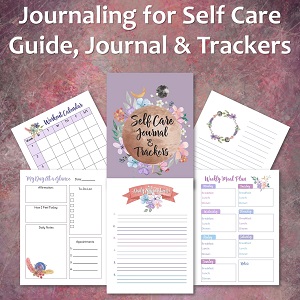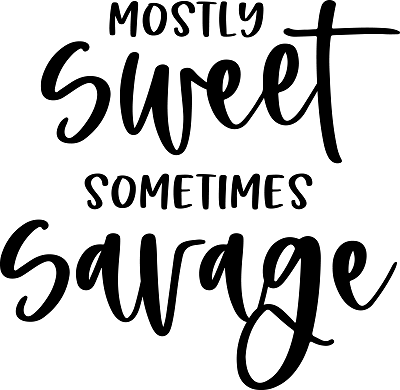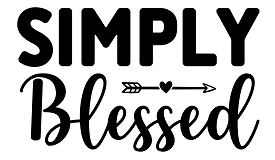Leila
 If you want to feel better on a daily basis, then you must have a guideline for self-care. You can’t count on having other people to help with your well-being, so you must have a daily plan.
If you want to feel better on a daily basis, then you must have a guideline for self-care. You can’t count on having other people to help with your well-being, so you must have a daily plan.
You might think that having a plan for your own self-care is a waste of time, but by taking care of your body and mind, you can avoid additional mental or health problems in the future. Use these self-care guidelines to improve the way that you feel.
Emotional Self Care
Experts believe that your emotional well-being is vitally important, and you may overlook this aspect of your health. You may think that your emotional well-being is good because you are in denial of certain stressful situations in your life, but if you ignore emotional difficulties, then the problems will get worse with time. Continue reading
 Are you a perfectionist? If you often set unrealistically high standards for yourself, then you probably are. On the surface, being a perfectionist doesn’t seem like such a bad thing.
Are you a perfectionist? If you often set unrealistically high standards for yourself, then you probably are. On the surface, being a perfectionist doesn’t seem like such a bad thing.
It’s true that having high expectations for yourself can be beneficial – but if you take it to extremes, it can get in the way of your happiness, well-being, and ability to care for yourself.
If you’re a perfectionist, these self-care tips will help you learn to treat yourself more gently and accept yourself just as you are.
Talk to Yourself in a Kind, Encouraging Way
Think about how you’d talk to a good friend if they made a mistake at something. You wouldn’t call them names or say mean things to them. So why would you do that to yourself? Continue reading
 Writing in a journal is a frequently-recommended form of self-care. But what exactly makes journaling so great? A lot, as it turns out. You can manage your emotions, plan your future, and work on improving your self-talk – all with something as simple as a notebook and a pen. Here are five compelling reasons you should be journaling as a form of self-care.
Writing in a journal is a frequently-recommended form of self-care. But what exactly makes journaling so great? A lot, as it turns out. You can manage your emotions, plan your future, and work on improving your self-talk – all with something as simple as a notebook and a pen. Here are five compelling reasons you should be journaling as a form of self-care.
Journaling Helps You Work Through Your Feelings
Emotions are unruly. And when your feelings are all tangled up in a messy, confusing ball, trying to make sense of them can be exhausting. Journaling is a great tool for unraveling those tangled emotions and getting to the bottom of them. When you sit down and pour your feelings onto the page, it becomes easier to distinguish between them and see what’s really going on. That, in turn, will help you manage your emotions more effectively and make better decisions. Continue reading




